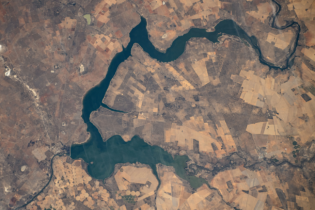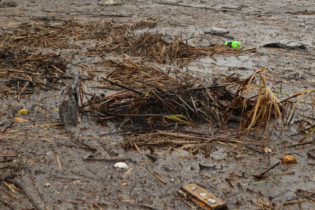The Water Research Commission’s (WRC) flagship Water Sensitive Design (WSD) Lighthouse was launched recently along with the two framework reports that have contributed to the development of the Lighthouse.
In 2013, the Water Research Commission initiated the Water Sensitive Design Lighthouse to strengthen South Africa’s research approaches to urban planning and design that integrates land and water planning and management into urban design.
Water: the world’s foremost global risk
Water Research Commission CEO, Dhesigen Naidoo, said water is a fundamental enabler for all life of planet Earth and has also become one of the foremost global risks as presented by the latest Global Risks 2015 report by the World Economic Forum (WEF).
This places water ahead of hazards such as the spread of infectious disease, the failure to adapt to climate change, and interstate conflict. The WEF report states by 2050 two-thirds of the world’s population will live in cities. In countries such as India and regions such as sub-Saharan Africa, urban centres are predicted to expand up to five times.
Future mega-cities are now smaller towns
The fact that the future megacities of the world are now still smaller towns and cities, especially in Africa, offered a unique opportunity for water sensitive design, said Dhesigen. “Retrofitting existing designs is much more difficult than getting it right from the start.” Africa especially now had to opportunity to design and plan its cities from the start in a way that made sense for water.
South Africa had two cities that developed in the last 15 years, namely Mbombela and Rustenburg, where it missed the opportunity to incorporate WSD.
Addressing the social component around WSD
Keynote speaker, Prof Ana Deletic, Professor in Water Engineering and Associate Dean of Research (Engineering) at Monash University and Co-founded of Cooperative Research Centre for Water Sensitive Cities said that with water resources becoming scarcer, the world now had to think about integrating the streams of the water cycle (i.e. fresh and wastewater).
Prof Deletic said it was also important to address the social component around WSD as there was still much resistance to it. Challenges in cities, such as institutional fragmentation, undefined organisational responsibilities, limited political incentives and poor organisational commitment all hampered the implementation of WSD.






